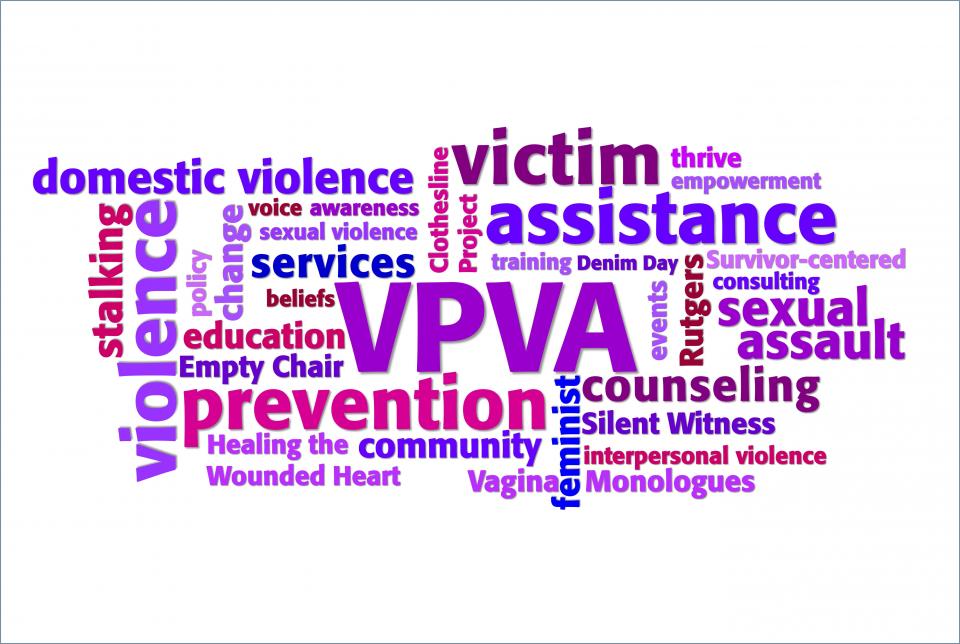The Hunting Ground: The Inside Story of Sexual Assault on American College Campuses
Visual:
Citation:
Dick, Kirby, and Ziering, Amy. The Hunting Ground: The Inside Story of Sexual Assault on American College Campuses. Skyhorse Publishing, Inc., 2016.
Summary:
The Hunting Ground tells the story of two sexual assault survivors and their experience of healing from those assaults and what problems they ran into with their universities when they reported it. The book also includes essays from experts on sexual assault, details about the Florida State University rape case, in which the university tried to cover up a gruesome rape and dropped the case because the rapist would not talk to them. The rapist is now a professional NFL football player so we know how serious this whole case was. The book also mentions other institutional cover-ups, fraternity culture, athlete protection, and the effects on victims and their families.
Author:
There are two authors; Kirby Dick and Amy Ziering, who are both filmmakers known for their documentary "The Invisible War" which talks about rape and sexual assault in the military, and of course this documentary and book "The Hunting Ground". Just recently, they announced that they will release a documentary about rape and sexual assault in Hollywood, which has been talked about in the media a lot recently. They are both film directors who focus on taboo topics that sometimes expose large secrets. They have made documentaries about sexual abuse, institutions taking advantage of their power, homosexuality, etc. They are Academy-Award nominated and are well-known and respected in the documentary industry for their films and exposed information.
Key terms:
Institutional cover-up: When institutions or organizations decide to ignore or undermine a serious issue in order to preserve the institution's reputation as a reputable and respectful place where nothing bad happens. They would rather be seen as an amazing school so more students will attend and bring in more money, rather than tell the truth and possibly lose prospective students and money.
Fraternity culture: The American fraternity industry is spread across the country throughout elite Ivy League institutions to small colleges with a well-funded network. They are organized groups that can provide protection and resources to a whole fraternity and/or an individual member. Fraternities are important for universities as they bring in money, attention, and more students, so they hold a high power within the university and are often protected by the university in some situations. Interesting fact; the second most common type of insurance claim against fraternities is for rape.
Quotes:
"The fact is that higher education is big business: Total annual cost per student at many colleges now exceeds $60,000 a year. For institutions vying for the best and brightest students, sexual assault represents a public relations nightmare." (pg ix)
"He left as quickly as he could after the assault, and tried to put the incident out of his mind. 'For a while I just didn’t really acknowledge it,” Daniel said. 'I kind of thought of it as a bad hookup, because you’re taught that assault is something that happens to women.'" (pg 3).
"We cannot assume that there is a convenient profile of the college students committing sexual assault. It’s not just entitled athletes or fraternity members committing these crimes. It is students from all walks of life. We need to acknowledge that our culture is raising young men and women who have no understanding of consent. Our culture is raising young men and women who don’t step up and intervene when they see someone vulnerable being preyed upon." (p 84)
Value:
This book's overall theme is rape and sexual assault on college campuses which is a huge discussion in my paper on why rape culture is still on campuses. This book offers details into the Florida State University case that I can use in my paper as another case to back up my argument. It also offers many contributing essays by credible authors and professors who provide perspectives about other campus sexual assault topics. My paper will have subtopics focusing on Greek life specifically fraternities and this book mentions fraternities and even sororities several times. There are discussions with athletes as well which I will briefly bring up in my paper. I want to make it clear though that anyone is capable of sexually assaulting another person; man, woman, Greek life member, athlete, honor student, etc, which is why I added the last quote above from one of the contributing essays. And there are real sexual assault survivor's stories to help solidify that sexual assault is a real thing that college students and people in general experience. Their stories help remind us that rape happens to people and some can recall their experiences, awful details, and effects.


